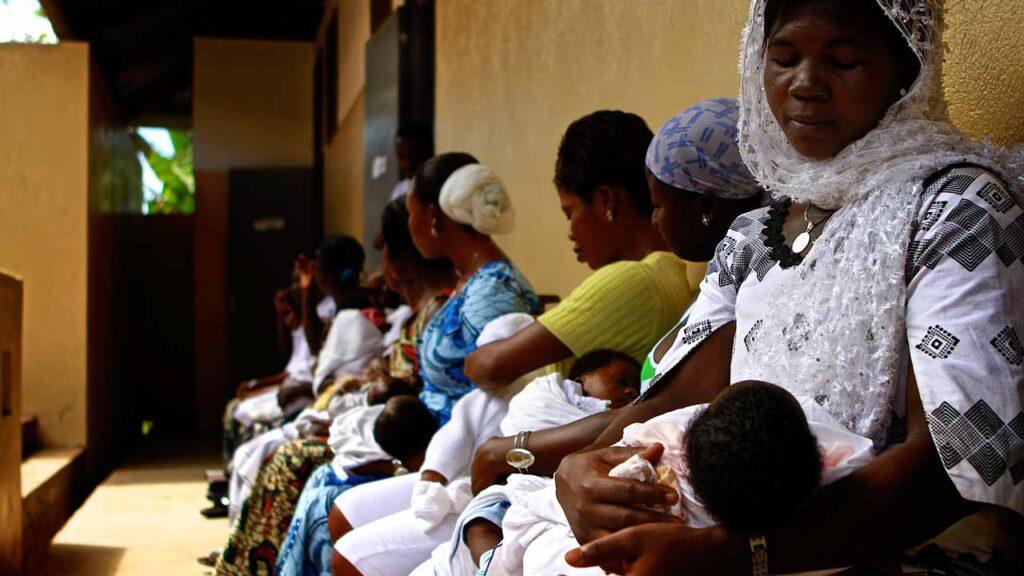Postpartum hemorrhage (PPH), a severe and often fatal complication after childbirth, remains the leading cause of maternal mortality in Nigeria, accounting for an alarming 22% to 25% of all maternal deaths nationwide, according to the World Health Organization (WHO).
In a bold response to this crisis, the Cross River State Government has launched an ambitious initiative to combat maternal mortality through a revitalized Drug Revolving Fund (DRF) and the pilot of a new Drug Management Agency (DMA).
The new intervention, powered by the support of international health partners including IDA Foundation, is already being hailed as a game-changer in Nigeria’s public health landscape. Speaking in Calabar during the unveiling of the program, IDA Country Representative, Pharmacist Nwaebiem Nwadinobi, stressed the urgency of addressing maternal deaths, declaring, “No woman should die while giving life.”
To directly tackle PPH, the IDA Foundation has delivered an initial consignment of life-saving, quality-assured medications, including 5,600 ampoules of Carbetocin injection, 1,900 ampoules of Tranexamic acid injection, and 1,634 calibrated drapes designed to measure postpartum bleeding accurately. These drugs have been proven effective in reducing fatalities when administered promptly after childbirth.
Nwadinobi lauded Governor Bassey Otu’s commitment to maternal health and praised the health ministry’s leadership in embracing innovative solutions. He described the project not just as a supply effort, but a sustainable healthcare movement aimed at building resilient systems and saving lives. “This is about lasting impact. We’ll continue to support training, monitoring, and supply chain efficiency,” he affirmed.
Related Articles:
- World Health Day: Activists demand water, climate, gender justice, others
- Pharmaceuticals in Rivers Threaten World Health – Study Shows
- World Vape Day: Global alignment on health policy necessary for smokeless Nigeria
Receiving the first batch of drugs, the Cross River State Commissioner for Health, Dr. Henry Egbe Ayuk, called the development a “revolutionary milestone.” He revealed that the state can now acquire high-quality medications from global suppliers at prices drastically lower than the market average, some costing under ₦2,000 per dose compared to ₦15,000 in private outlets.
“This intervention is more than a cost reform; it’s a lifeline for pregnant women, especially those in underserved communities,” Dr. Ayuk said. “By reducing the price barrier and ensuring the consistent availability of drugs, we’re saving lives and rebuilding trust in our health systems.”
The Commissioner also announced that the DMA bill is currently before the State House of Assembly. Once passed, it will give legal backing to a centralized procurement system, ensuring standardized pricing, transparent distribution, and the elimination of fake or substandard drugs in both public and private health facilities.
With an initial ₦15 million invested into the drug stock, the revolving fund model ensures sustainability and every kobo recovered from patients will be reinvested to maintain steady drug availability across health centers.
Representing the Director General of the State Primary Health Care Development Agency, Dr. Vivien Mesembe Otu, the Permanent Secretary, Barr. Lucy Enakirerhi, commended the initiative and emphasized that the new system will drastically reduce PPH-related maternal deaths.
As Nigeria battles one of the world’s highest maternal mortality rates, the Cross River model is shaping up to be a blueprint for other states. If successfully implemented and sustained, the initiative could spark a national turnaround in the fight against preventable deaths after childbirth.
